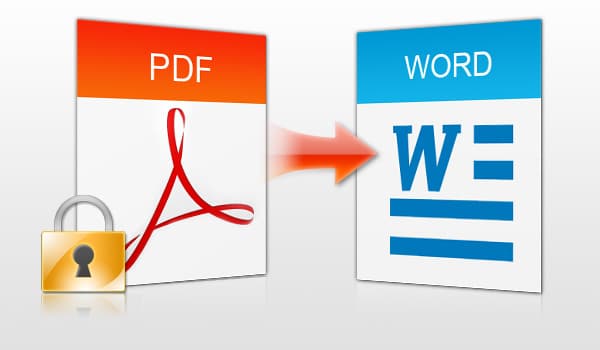
Contracts for Difference (CFDs) have become increasingly popular among traders seeking flexible investment options in various financial markets. Choosing the right cfd broker is crucial for a successful trading experience. Here’s all you need to know about CFD brokers.
What is a CFD Broker?
A CFD broker is a financial institution that facilitates trading in CFDs. These brokers allow traders to speculate on the price movements of various assets without owning the underlying asset. CFD brokers provide access to a wide range of markets, including stocks, indices, commodities, and currencies.
Services Offered by CFD Brokers
CFD brokers offer a range of services to facilitate trading, including:
1. Trading Platforms: CFD brokers provide trading platforms that allow traders to execute trades, access market data, and perform technical analysis.
2. Asset Selection: A reputable CFD broker offers a diverse range of assets for trading, enabling traders to diversify their portfolios and take advantage of various market opportunities.
3. Leverage: CFD trading typically involves leverage, which allows traders to control larger positions with a smaller amount of capital. While some brokers offer flexible leverage options, traders should exercise caution and manage their risk effectively.
4. Risk Management Tools: CFD brokers may offer risk management tools such as stop-loss orders and limit orders to help traders mitigate potential losses.
5. Educational Resources: Many CFD brokers provide educational resources such as tutorials, webinars, and articles to help traders improve their trading skills and knowledge.
Choosing the Right CFD Broker
When selecting a CFD broker, traders should consider the following factors:
1. Regulation: It’s essential to choose a CFD broker that is regulated by reputable authorities. Regulation helps ensure the safety of traders’ funds and provides recourse in case of disputes.
2. Trading Costs: Traders should carefully review the trading costs, including spreads, commissions, and overnight financing fees, charged by the broker.
3. Trading Platforms: The trading platform offered by the broker should be user-friendly, reliable, and equipped with advanced trading tools and features.
4. Customer Support: A reputable CFD broker offers responsive customer support to assist traders with any issues or questions they may have.
5. Educational Resources: Traders should look for brokers that provide comprehensive educational resources to support their trading journey.
In conclusion, choosing the right CFD broker is essential for successful trading. By considering factors such as regulation, trading costs, and the quality of services offered, traders can find a broker that meets their needs and objectives.

